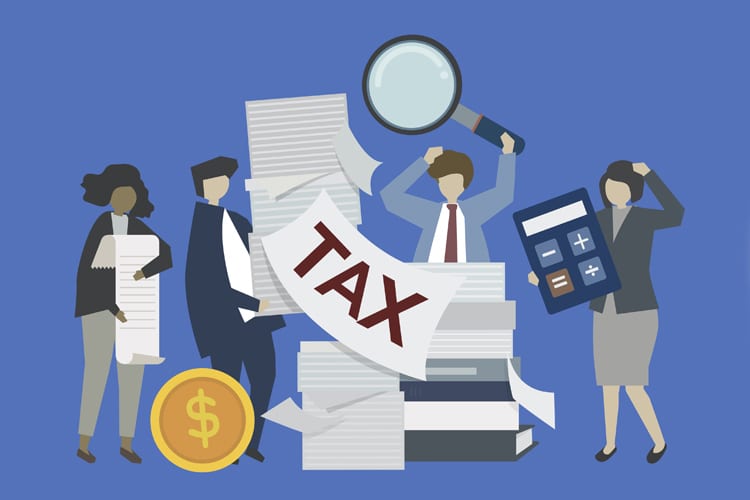Tax Exemptions Explained

On the surface, taxes may sound simple: you pay a certain percentage of your income to the government. But below the surface, taxes are intricate, complex, and sometimes downright confusing.
You don’t want to pay more to the government than you have to, which is why it’s so important to understand tax exemptions and how they might impact your tax filings this year.
What are Tax Exemptions?
Tax exemptions are a type of tax break available to certain taxpayers. If you quality for a tax exemption, you can reduce your taxable income or bring it down to zero entirely. In other words, a tax exemption limits the amount of taxes you have to pay.
An exemption is different from a deduction. If you meet certain requirements, a deduction lowers the amount of your income that’s subject to tax. With an exemption, the income is never subject to tax in the first place.
For example, if you make $40,000 a year but $4,000 of that income receives a tax exemption, you’re only taxed for $36,000 of income. Assuming you pay an effective tax rate of 25%, that exemption saves you $1,000 in taxes!
Personal Exemptions
Until the Tax Cuts and Jobs Act of 2017 suspended it, the personal exemption was the most popular type of tax exemption. It allowed taxpayers to exempt a set dollar amount from their taxable income for themselves, their spouse, and each of their dependents. In 2017, the average taxpayer could deduct $4,050 for each eligible personal exemption.
However, the personal exemption is now suspended until 2026, so don’t expect to use it on this year’s tax returns.
Individual taxpayers can also use the withholding exemption if they had no income tax liability in the previous tax year. Other forms of income are also automatically exempt from being included in taxable income:
- Alimony, under certain circumstances
- Child support
- Eligible workers’ compensation
- Treasury bill interest
- Eligible municipal bond interest
Property Exemptions
Some properties are also exempt from taxes, although the exemption guidelines vary by state. In general, the following property owners are most likely eligible for some type of property tax exemption:
- People living with disabilities
- Veterans
- Seniors
- Low-income households
- Farmers
In Florida, for example, planting a coconut palm tree or grazing a few cows on your property may qualify you for a farmer’s property exemption, while other states require rigorous assessments to prove that your property’s agricultural activity creates legitimate economic value.
In Colorado, seniors and the disabled are tax-exempt for 50% of the first $200,000 of the actual value of their homes. Washington state reduces property taxes for homeowners over the age of 61, while some states like New Hampshire increase the amount of property tax exemption with age.
Since taxes are always complex, it’s best to work with a tax professional to identify all of the exemptions you may qualify to utilize.
See Also: U.S Tax Brackets Broken Down









